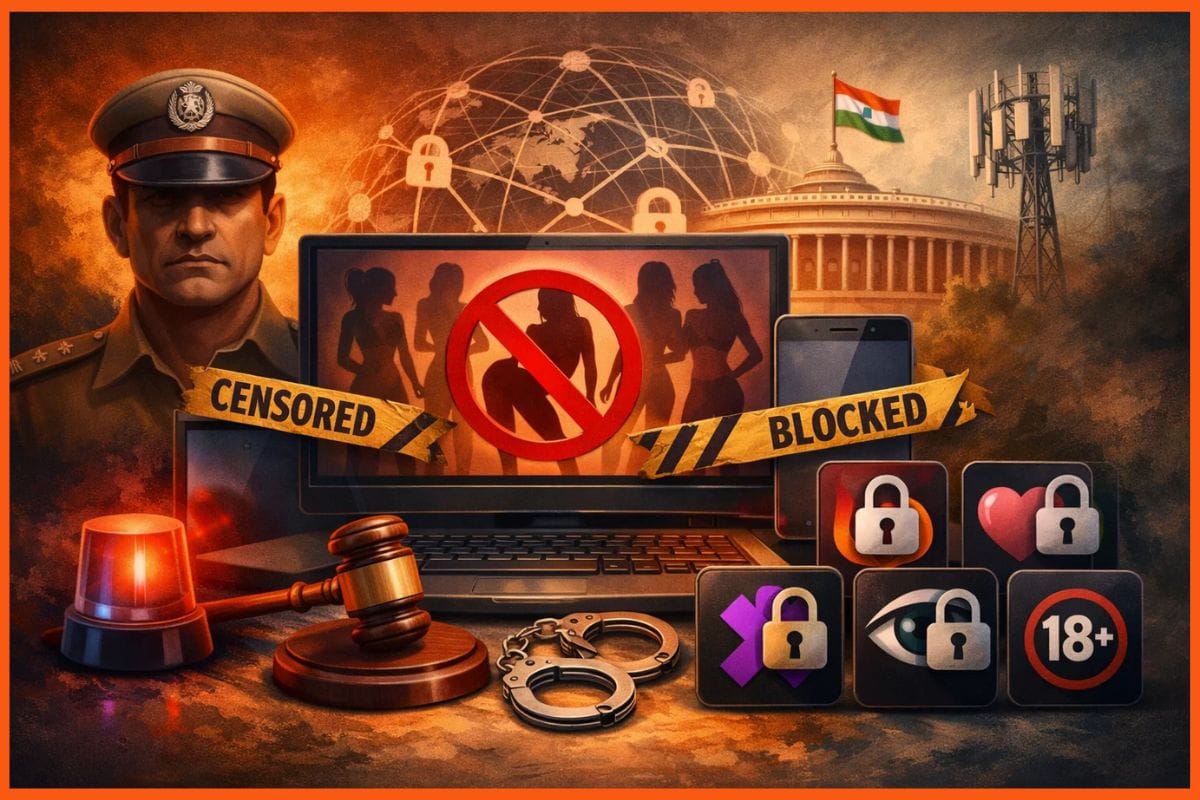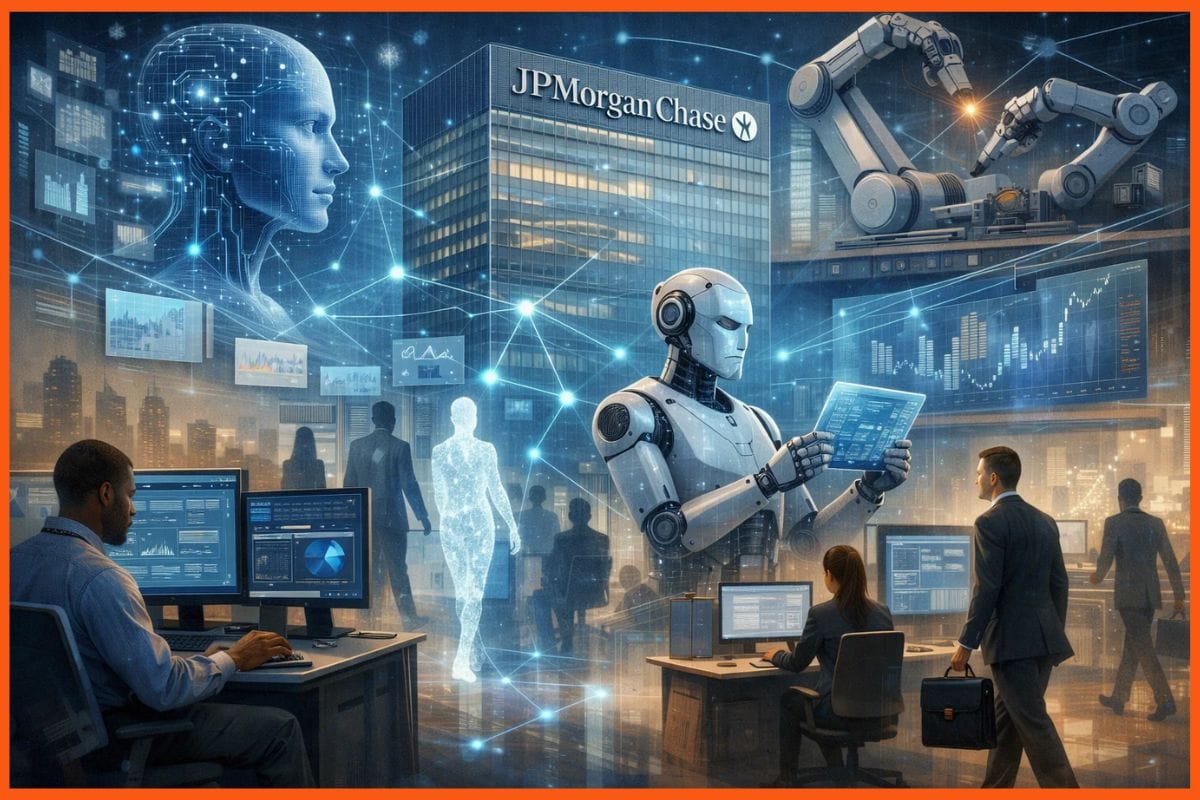Clean, Green, and Cost-Effective Businesses – What’s Making the E-commerce & Food Giants in India Shift to Electric Fleets?
✍️ Opinions
This article has been contributed by Pritesh Mahajan, Founder, Revamp Moto.
The landscape of India's business world is changing, and it's changing rapidly. In recent years, sustainability has emerged as a central theme in global business discussions. The urgency to combat climate change and reduce greenhouse gas emissions has pushed companies worldwide to reevaluate their environmental impact. India is no exception. With a growing awareness of the environmental challenges and a commitment to cleaner, greener practices, Indian businesses are taking significant steps towards sustainability.
E-commerce and food delivery giants, in particular, are undergoing a significant transformation as they seek to align their operations with sustainability goals and cost-effectiveness. A key driver of this transformation is the shift toward electric fleets. This concept has become a huge motivating factor that encourages industry leaders to embrace electric vehicles and the profound impact it's having on the business ecosystem.
The Electric Revolution
1. Zomato: Partnering for a Greener Tomorrow
2. Amazon India: Delivering Sustainability
3. Flipkart: Pioneering Sustainability
4. Swiggy and BigBasket: Delivering Green Convenience
5. Maersk: A Global Leader in Sustainability
Technology Driving the Transition
Government Initiatives and Infrastructure Development
The Road Ahead
The Electric Revolution
Electric vehicles have become a symbol of this sustainability drive. These vehicles are not just environmentally friendly; they also offer substantial cost advantages over traditional internal combustion engine (ICE) vehicles. In India, EVs have garnered increasing attention for their potential to reduce air pollution, decrease fuel costs, and promote energy efficiency.
To put things into perspective, a study by Boston Consulting Group found that the total cost of ownership of a high-speed two-wheeler EV is around 35% lower than the same model with a combustion engine. An electric three-wheeler is 25% cheaper than its diesel counterpart. These numbers alone underscore the economic rationale behind the shift to electric fleets.
Several prominent e-commerce and food delivery giants in India are at the forefront of this electric revolution. Let's delve into some real-life examples.
1. Zomato: Partnering for a Greener Tomorrow
Zomato, a multinational restaurant aggregator and food delivery company, has set ambitious sustainability goals. In 2022, Zomato partnered with Jio-bp, a joint venture of Reliance Industries and BP, with the aim of electrifying its entire fleet by 2030. At that time, the company already had around 4,000 riders using EVs for deliveries. Zomato's strategy includes increasing awareness among its drivers on EVs across India and forming partnerships with original equipment manufacturers (OEMs) and leasing companies to accelerate the electrification of its fleet.

2. Amazon India: Delivering Sustainability
Amazon India, a major player in the e-commerce sector, joined forces with TVS Motor, one of India's largest two-wheeler manufacturers, in 2022. This partnership aimed to bolster the deployment of electric two-wheelers and three-wheelers for last-mile deliveries. Amazon India has set an ambitious target of adding 10,000 EVs to its fleet by 2025, aligning with Amazon's global commitment to adopt 100,000 EVs by 2030.
3. Flipkart: Pioneering Sustainability
Flipkart, India's pioneering e-commerce company, has been a trailblazer in embracing EVs. It was the first Indian e-commerce company to introduce electric vehicles to its fleet and join The Climate Group's EV100 initiative. Flipkart has made a bold commitment to become 100% electric by 2030, marking a significant milestone in its sustainability journey.
4. Swiggy and BigBasket: Delivering Green Convenience
Swiggy, India's leading on-demand convenience delivery platform, embarked on a green journey by partnering with Taiwanese battery-swapping company Gogoro. This strategic move involved switching to electric intelligent scooters, contributing to reduced emissions and cleaner air. Similarly, BigBasket, an online supermarket based in Bangalore, is determined to electrify 90% of its fleet, demonstrating its commitment to sustainable last-mile deliveries.
5. Maersk: A Global Leader in Sustainability
Mærsk, a Danish shipping and logistics company, recognized the importance of electric vehicles in distribution logistics in India. In August, the company announced its plan to deploy an additional 500 EVs in 26 Indian cities to ramp up electrification in first-mile, middle-mile, and last-mile deliveries. Maersk had already taken the first step in September 2022 by launching electric three-wheelers and four-wheelers in Mumbai.
Technology Driving the Transition
Technology has played a crucial role in facilitating this transition to electric fleets. One notable example is UK-based Saietta's Vehicle Control Unit (VCU) designed specifically for three-wheeled and four-wheeled light electric vehicles (LEVs). Saietta has partnered with HCLTech to manufacture the VCU in India and deliver over 80,000 units to Indian LEV manufacturers over five years. This partnership underscores the technological advancements that are driving the EV revolution in India.
Government Initiatives and Infrastructure Development
It's worth noting that government initiatives have also paved the way for the adoption of electric fleets. The 'Go Electric' campaign, launched in 2021, seeks to educate the public about the advantages of EVs. Additionally, the FAME II scheme, aimed at supporting the electrification of public and shared transportation, has contributed to the growth of electric fleets in ride-hailing and delivery services.
One of the critical factors behind the success of electric fleets is the expansion of charging infrastructure. Both public and private players have invested in charging stations across the country. This development addresses a significant concern for potential EV buyers: range anxiety. With improved charging infrastructure, EV adoption is expected to accelerate further.
The Road Ahead
As more e-commerce and food delivery giants in India embrace electric fleets, the ripple effect of this transformation is evident. It not only aligns with global sustainability goals but also sets an example for other businesses to follow. The initial investment in EVs may be higher, but the long-term cost savings, reduced emissions, and positive impact on the environment make it a compelling choice.
As Pritesh Mahajan, Co-founder of Revamp Moto, a leading name in sustainable mobility solutions, puts it, "The adoption of electric fleets by e-commerce and food delivery giants is one of the most efficient ways to integrate electric vehicles on the road. It not only increases their visibility but also encourages more people to make the shift to cleaner and greener mobility options. This shift is a win-win, as it not only saves costs for businesses but also aids mobility among the hardworking delivery professionals. It's a step towards a sustainable future that we can all be proud of."
The shift to electric fleets by e-commerce and food delivery giants in India is more than a business decision; it's a commitment to a cleaner, greener, and more sustainable future. With technology advancements, government support, and a growing charging infrastructure, the road ahead looks promising. As these industry leaders continue to lead by example, it's only a matter of time before electric fleets become the norm in India's delivery and logistics landscape.

Must have tools for startups - Recommended by StartupTalky
- Convert Visitors into Leads- SeizeLead
- Website Builder SquareSpace
- Run your business Smoothly Systeme.io
- Stock Images Shutterstock





